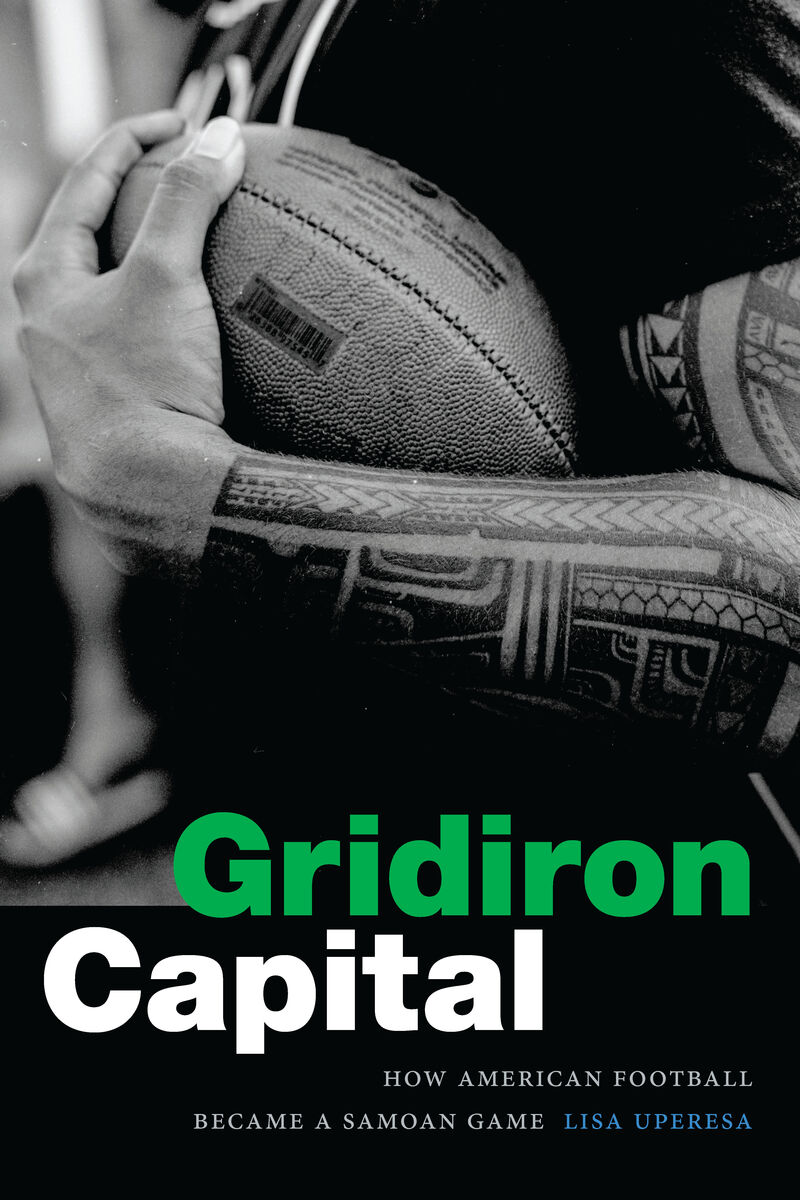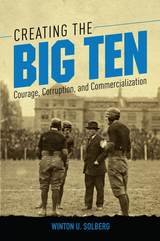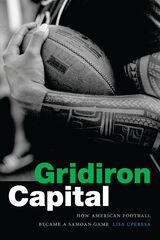Gridiron Capital: How American Football Became a Samoan Game
Duke University Press, 2022
Cloth: 978-1-4780-1546-8 | Paper: 978-1-4780-1809-4 | eISBN: 978-1-4780-2270-1 (standard)
Library of Congress Classification GV959.54.A46U647 2022
See other books on: Cultural & Social Aspects | Economic aspects | Football | Football players | Indigenous Studies
See other titles from Duke University Press
Cloth: 978-1-4780-1546-8 | Paper: 978-1-4780-1809-4 | eISBN: 978-1-4780-2270-1 (standard)
Library of Congress Classification GV959.54.A46U647 2022
ABOUT THIS BOOK | AUTHOR BIOGRAPHY | REVIEWS | TOC | REQUEST ACCESSIBLE FILE
ABOUT THIS BOOK
Since the 1970s, a “Polynesian Pipeline” has brought football players from American Sāmoa to Hawaii and the mainland United States to play at the collegiate and professional levels. In Gridiron Capital Lisa Uperesa charts the cultural and social dynamics that have made football so central to Samoan communities. For Samoan athletes, football is not just an opportunity for upward mobility; it is a way to contribute to, support, and represent their family, village, and nation. Drawing on ethnographic fieldwork, archival research, and media analysis, Uperesa shows how the Samoan ascendancy in football is underpinned by the legacies of US empire and a set of imperial formations that mark Indigenous Pacific peoples as racialized subjects of US economic aid and development. Samoan players succeed by becoming entrepreneurs: building and commodifying their bodies and brands to enhance their football stock and market value. Uperesa offers insights into the social and physical costs of pursuing a football career, the structures that compel Pacific Islander youth toward athletic labor, and the possibilities for safeguarding their health and wellbeing in the future.
Duke University Press Scholars of Color First Book Award recipient
Duke University Press Scholars of Color First Book Award recipient
See other books on: Cultural & Social Aspects | Economic aspects | Football | Football players | Indigenous Studies
See other titles from Duke University Press





























